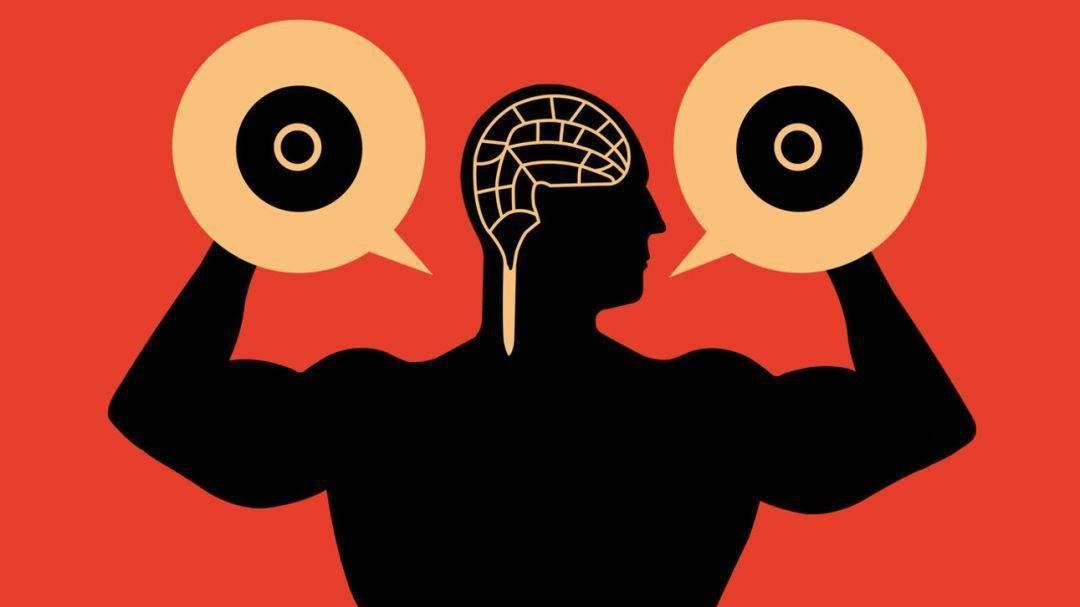
经济学人 | 学习第二语言的好处

第二语言是指人们在获得第一语言后再学习和使用的另一种语言,它经常作为辅助性语言以及通用语。长久以来,人们对于第二语言的利与弊一直争论不休。但近些年来,越来越多的人认为学习、使用第二语言是非常有益的。那么,会说第二语言对我们有哪些好处呢?
The advantages of speaking a second language
第二语言的好处
They are hard to measure. But it is a good idea anyway
它的好处很难衡量,但无论如何肯定是有好处的
Just a few generations ago, speaking two languages was supposed to be bad for you. Tests in America found thatbilingualpeople had lower IQs, which seemed evidence enough.
就在几代人之前,人们还认为会说两种语言对人是有坏处的。美国的研究发现,似乎有足够的证据证明,会说两种语言的人智商较低。
Later it became clear that those surveys were really measuring the material poverty of immigrants; members of such families were more likely to be undernourished and understimulated, not to mention the obvious fact that they often sat the tests in a language that was not their best.
后来结果很清楚,这些调查实际上衡量的是移民的物质贫困程度;来自移民家庭的孩子发生营养不良的可能性更大,并且他们更缺乏积极性,就更不用说他们经常使用一种自己不擅长的语言去参加考试这一显而易见的事实了。
How things have changed. In the past decade it has become almost common knowledge that bilingualism is good for you-witness articles such “Why Bilinguals are Smarter” and “The Amazing Benefits of Being Bilingual” by the New York Times and the BBC. Stacks of research papers have suggested that two-tongued people enjoy a variety of non-linguistic advantages.
事情发生了怎样的变化呢。在过去十年,会说两种语言对你有好处已经成为了一种共识,例如,《纽约时报》和英国广播公司发表的《为什么会说两种语言的人更聪明》和《会说两种语言的惊人好处》等文章就是明证。大量研究论文表明,会说两种语言的人具有许多非语言方面的优势。
Most notably, they have shown that bilinguals getdementiaon average four years later than monolinguals, and that they have an edge in “executive control”-a basket of abilities that aid people doing complex tasks, including focusing attention, ignoringirrelevantinformation and updating working memory.
最值得注意的是,人们发现,会说两种语言的人患老年痴呆症的平均年龄比仅会说一种语言的人晚4年,而且他们在“执行控制”方面也更具有优势,“执行控制”是一种帮助人们完成复杂任务的能力,包括集中注意力、忽略无关信息和更新工作记忆等。
Why bilingualism would enhance these capabilities is unclear. Researchers hypothesise that having two languages means suppressing one when speaking the other, a kind of constant mental exercise that makes the brain healthier. This in particular is thought to be behind the finding of a later onset ofdementia.
目前尚不清楚为什么会说两种语言能够使这些能力被强化。研究人员推断,会说两种语言意味着在说其中一种语言时会抑制另一种语言,这是一种持续的脑力锻炼,可以让大脑更健康。这一点尤其被认为是致使痴呆症发病推迟背后的原因。
Asecond language expands the number of people you can talk to. It adds to the ways you can say things, and so offers a second point of view on the whole business of expression.
第二语言能够扩大你的交际范围,让你有了更多说话的方式,它为你提供了第二种表达观点的方式。
Bilingualism may help you understand other people; one study found that bilingual children are better at grasping otherperspectives,perhaps because they are always keeping track of who speaks what, a regular reminder that everyone is different.
双语或有助于你更好地理解他人;一项研究发现,会说两种语言的儿童更善于理解他人的观点,这可能是因为他们总是在倾听别人说了什么,这不断地提醒着他们,每个人都是不同的。
Finally, speaking a second language less well than your first supplies another kind of useful practice: it is a constant exercise in humility.
最后,第二语言说得不如母语好还有着另一个益处:它会让你保持谦卑的姿态对第二语言进行持续练习。
上一篇:菲律宾“食人猴”或将进化出语言能力政府派军
下一篇:没有了




